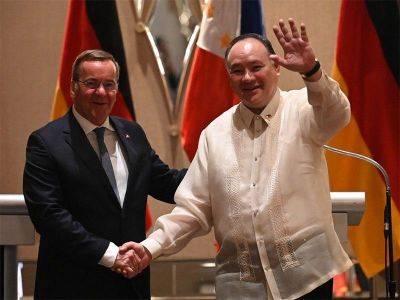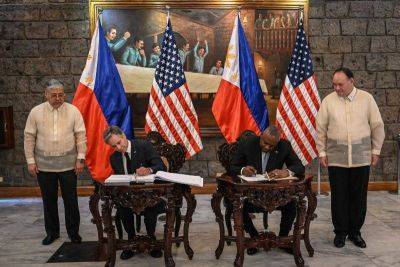Work-life balance index: Philippines ranks 59th of 60 countries
MANILA, Philippines — The Philippines obtained the second worst work-life balance score among 60 countries analyzed in the latest report of a global human resource services firm.
The country's capital, Manila, scored 27.46 out of 100 in work-life balance, just above Nigeria's capital Abuja, which earned a score of 16.15 at the bottom of Remote's Global Life-Work Balance Index.
Remote, an international recruitment and placement firm, evaluated average hours per week, evaluated minimum wages, annual leave policies, sick pay, maternity leaves, healthcare and other factors in 60 countries with the highest gross domestic product.
The study aims to represent how the "businesses of each country look after the lives of their employees and put life before work."
Outranking the Philippines is Ethiopia at 58th and Baghdad at 57th. Joining the 10 lowest-ranked countries which are mostly in Asia and Africa is Washington, D.C., which ranks 55th.
Researchers at Remote describe "life-work balance," reversing the popular term "work-life," as a system of ethics that ensures workers can "perfect to the best of our capabilities when we're at work while enabling us to live a happy, healthy life outside of the workplace."
The study also promotes a hybrid work model and "true flexibility." Such an arrangement, it said, does not involve "four mandatory days in the office and an optional one at home."
"True flexibility enables the employee to determine when and where they're most productive," it added. "The time an employee spends at their desk is not always an indicator of their productivity. Positive outcomes are more important than clocking up a certain number of hours."
Dragging down the Philippines' score this year is its relatively few statutory annual leaves granted to employees. While the best-scoring countries generally offer around 30 days of leaves per year, those in Manila only enjoy an average of 17 days.
Minimum wage in the Philippines was recorded at $1.45 per hour when 52 weeks are divided by the annual minimum wage rate and the length of the standard hour workweek.
Also impacting the score is employed Filipinos' work hours. They spend an average of 40.63 hours a week at







